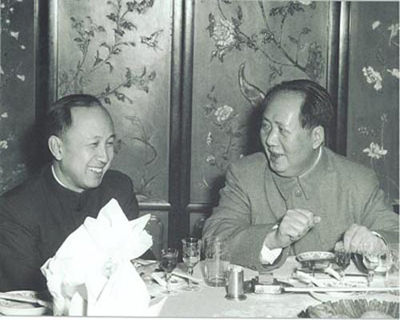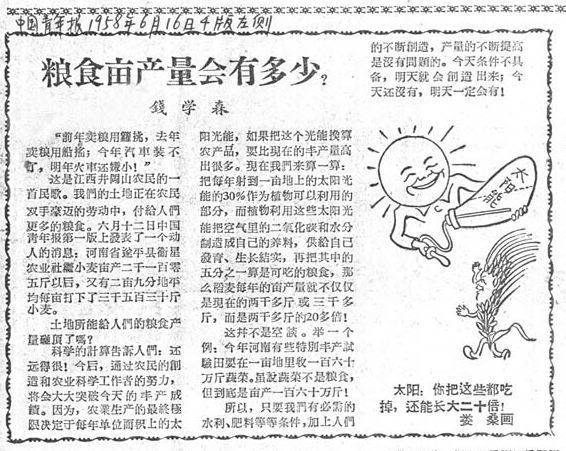 Qian Xuesen, China’s “father of space technology,” died today at the age of 98. His obituary, from Xinhua:
Qian Xuesen, China’s “father of space technology,” died today at the age of 98. His obituary, from Xinhua:
China’s keystone space scientist Qian Xuesen, widely acclaimed as the country’s “father of space technology” and “king of rocketry”, died of illness here Saturday morning at the age of 98.
In 1956, based on Qian’s position paper on the country’s defense and aviation industry, the central government set up an aviation industry committee, which later became the leading organization for China’s missile and aviation programs.
Under the guidance of Qian, also known as Tsien Hsue-shen, China finished the blueprint on developing jet and rocket technology. He also played a significant role in developing the country’s first artificial earth satellite.
“Mr. Qian used to hold academic seminars for us. We exchanged scientific ideas and wrote articles together. The whole time when we worked with Mr. Qian had a great influence on us,” Yu Jingyuan, a senior researcher with the China Aerospace Science and Technology Corporation told Xinhua Saturday afternoon on hearing the news.
See a set of photos of Qian’s life, via Global Times.
[Update]: But in the Chinese blogosphere, bloggers have raised other issues about Dr. Qian Xueshen. Being one of the top scientists in the PRC, Dr. Qian wrote several articles and “papers” in 1958 and 1959 which “accurately proved” that grain production could be “585,000” Jin/mu. ( ~ 530.72 kilogram/square meters)
Qian’s article, by a top scientist in China, appealed to the political leaders at that time, and (according to the memoir of Li Rui, (Mao Zedong’s former secretary) Mao Zedong used Qian’s “proof” to support his “Great Leap Forward” policy which resulted in a national famine, causing over thirty million deaths.
 An article by Qian Xueshen in China Youth Daily, June 16, 1958 about the grain yield
An article by Qian Xueshen in China Youth Daily, June 16, 1958 about the grain yield







